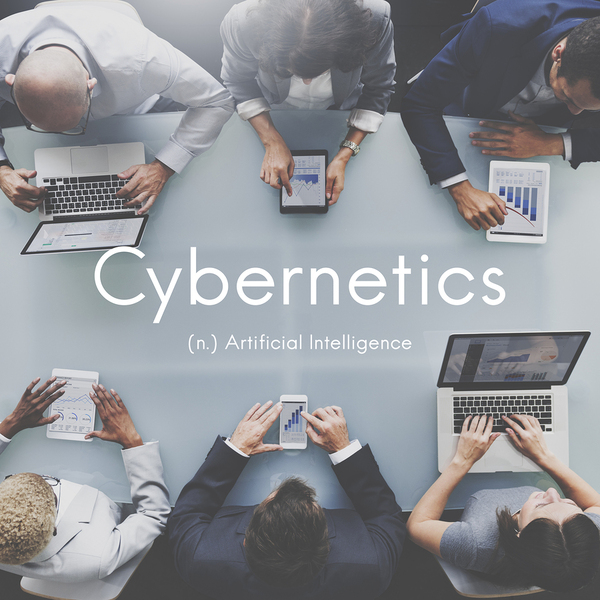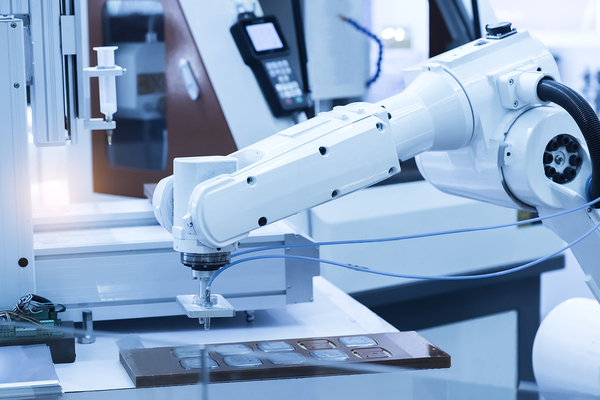
Artificial intelligence (AI) will revolutionize the workplace in the coming years, making it easier to complete routine tasks and allowing workers to be more productive. As companies develop and implement AI systems to streamline their employees’ workloads, the elusive idea of work-life balance may become a greater reality for many overworked, time-starved employees.
The idea behind AI is to use computer-generated processes to assist employees. For consumers, virtual assistants like Cortana, Siri and Alexa are making it easier to find out important or relevant information and saving people time and money on a regular basis. Although creating systems that will work for enterprise is far more complex than ones that mainly access search engine data, these systems are being developed more and more often as the need arises.
The Rise of the Bots
It turns out that bots, short for robots, can be programmed to automate many of the processes that used to take up huge amounts of employees’ time. Bots can find, develop and nurture leads until a sales team member can take over to work the lead and close the deal. Bots are also being used in onboarding and training as well as recruiting new talent. There are solutions for project management, customer service, and marketing.
These bots are not substitutes for humans, but are meant to augment and streamline what humans do – to make work easier, but not to replace people altogether. Part of the way AI works is to take data and “learn” from it, and then to change the system so that it works even more effectively.

The Potential of AI
Research has shown that up to 45 percent of work activities can be automated, and that includes highly paid positions like doctors, financial managers and CEOs. The wages represented by this automation equal $2 trillion per year, so companies have a financial incentive to implement AI. This cost savings could be increased, however, in other savings like retention of employees who may now find their jobs more manageable and may not be as likely to burn out and seek a change.
Even if AI doesn’t result in the need for fewer workers, it may result in decreased onboarding and training costs if employees can be retained longer because their jobs are more meaningful, less overwhelming, and less mundane. The costs of high employee turnover are significant for companies. Employees who are expected to work many extra hours to do their own and other people’s jobs until someone can be hired often get worn out and decide to work elsewhere, increasing turnover and related costs. AI could be a solution to this common problem.
CCSU offers continuing education programs in many workplace trends and issues like the role of AI in future employment. Join our mailing list now to see what courses we currently offer.
